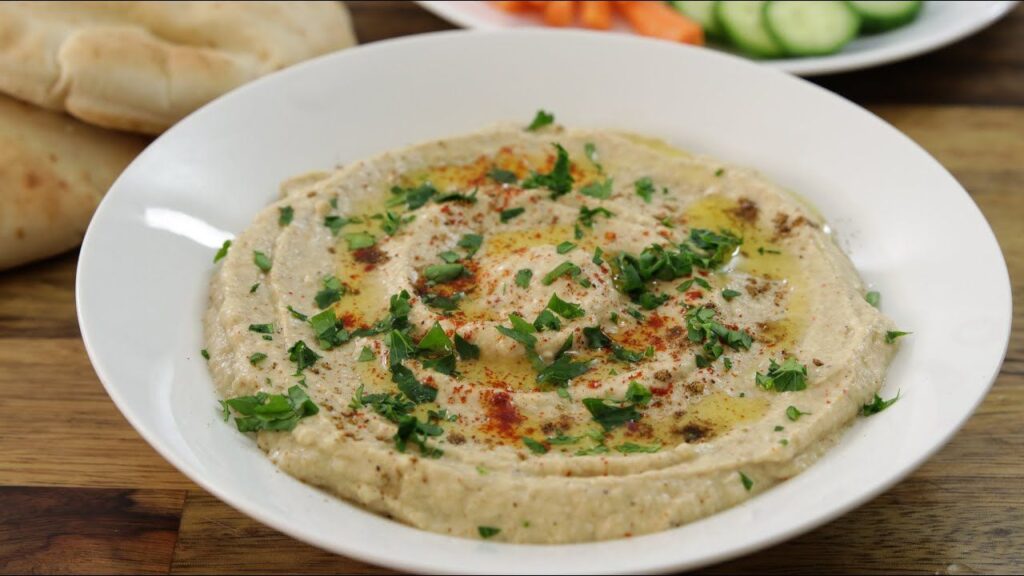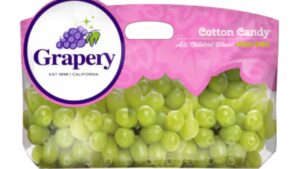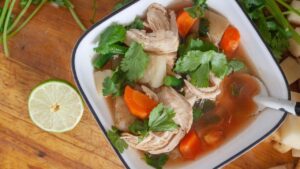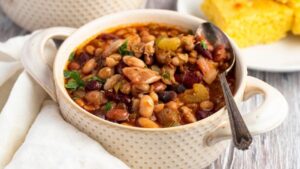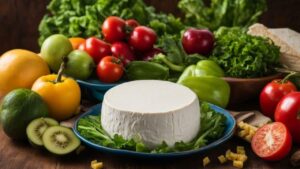Baba Ganoush, a classic Middle Eastern dish, has gained popularity worldwide for its rich and savory flavor. For those managing diabetes or simply watching their calorie intake, understanding the nutritional aspects of Baba Ganoush is crucial. the calories in Baba Ganoush, its comparison with hummus, and delve into its ingredients and recipe to determine if it’s a healthy choice, especially for those with diabetes.
Baba Ganoush For Weight Loss
This recipe is ideal for individuals with diabetes, promoting heart health, and aiding in weight loss. The inclusion of olive oil, a potent antioxidant, further enhances its cardiovascular benefits, making it a wholesome choice for overall well-being.
Baba Ganoush Nutrition
Baba Ganoush is a healthy option with its main ingredient being eggplant—low in calories and carbohydrates while high in fiber. Additionally, eggplant provides essential nutrients such as potassium and vitamin K, making it a nutritious choice.
| Nutrient | Amount |
|---|---|
| Energy | 368 kcal |
| Protein | 1.75 g |
| Total Lipid (Fat) | 36.84 g |
| Carbohydrate, by difference | 5.26 g |
Baba Ganoush Calories Per 100gm
Baba Ganoush typically contains approximately 153 calories per 100 grams. This information serves as a foundation for understanding its caloric impact on your diet.
Baba Ganoush Calories per 1 tbsp
Breaking it down to a smaller serving, 1 tablespoon of Baba Ganoush contains about 25 calories, making it a manageable portion for those mindful of their calorie consumption.
Baba Ganoush vs Hummus
Comparing Baba Ganoush to another popular Middle Eastern spread, hummus, can offer insights into their nutritional differences. While both are nutritious, hummus tends to be slightly lower in calories. A 100g serving of hummus generally contains around 166 calories, making it a slightly lighter option compared to Baba Ganoush.
Is Baba Ganoush Healthy for Diabetics?
Baba Ganoush can be a healthy choice for individuals with diabetes when consumed in moderation. The primary ingredients, such as eggplant and tahini, bring in essential nutrients while contributing to its creamy texture. However, it’s crucial to be mindful of portion sizes to manage calorie and carbohydrate intake effectively.
Baba Ganoush Recipe
Ingredients:
- 2 medium-sized eggplants
- 1/4 cup tahini
- 2 cloves garlic, minced
- 2 tablespoons olive oil
- 1 tablespoon lemon juice
- Salt and pepper to taste
Conclusion
Baba Ganoush can be a flavorful and nutritious addition to a diabetic-friendly diet when consumed in moderation. Understanding its calorie content and comparing it to alternatives like hummus allows for informed dietary choices. By incorporating Baba Ganoush into your meals using the provided recipe, you can enjoy a delicious Middle Eastern dish while keeping health considerations in mind.

